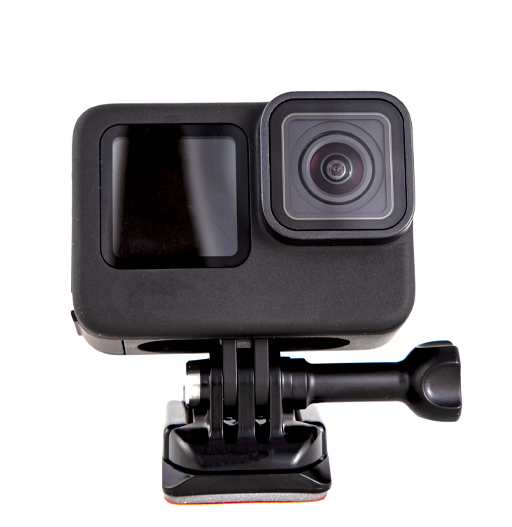Resourcing your workshop
The course will provide detailed guidance on the content and management of a workshop, but even at this early stage you are likely to be wondering how much time should be allowed for it, and what equipment and other resources will be required. The following ‘IN PRACTICE’ activity provides some recommendations around this.
IN PRACTICE: Resourcing your workshop
Time
If the workshop is to be delivered in an intensive manner, we recommend setting aside three full days, although with good management and tight timetabling, it will be possible to deliver it in two days. It would therefore be suitable for inclusion in an activity week, such as those run by some schools in periods following exams when there is a natural break in delivering the core syllabus. A museum or public library might offer the workshop as part of a school holiday programme. A youth group might include the workshop over a weekend or as part of a residential week away, provided necessary equipment and possibilities for filming are available at the chosen location.
An alternative model, which has also proved successful, is to run the workshop as a course of several shorter sessions spread over several weeks. If this approach is adopted, a corresponding total amount of contact time (15–20 hours) is advised. If that format is adopted, it will probably be necessary to include at least one extended session in order to facilitate filming especially if this is to be done in locations away from the usual base.
Equipment
Ideally, if budgets allow, the use of small GoPro cameras or similar is recommended. These are easy to use and provide satisfyingly good quality results. The guidance in subsequent sections of the course reflects the RETOPEA project’s own experience with these cameras.

Realistically, however, many participants will use their own mobile phones, tablet or other device provided by the organisers. The quality of the resulting films is unlikely to be as good as when using a camera such as a GoPro, but the underlying learning experience will be similar. If personal mobile phones are used, the ethical risks, particularly of inappropriate sharing of sensitive material, will need to be acknowledged and mitigated. Further advice is provided in Session 3: Create.
If a GoPro camera is used, films will need to be edited on a laptop or PC using whatever basic editing software package is readily available. If filming has been done using a phone or tablet, then an editing app can be downloaded to the device. To ensure the smooth running of the edit, you are strongly advised to consult someone in your community with IT skills in the early stages of planning the workshop and for them to be available on call while participants are editing their films.
You can now go to Session 1 [Tip: hold Ctrl and click a link to open it in a new tab. (Hide tip)] .
